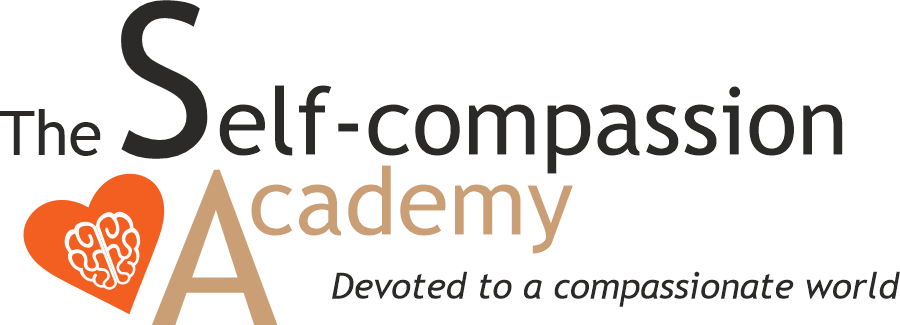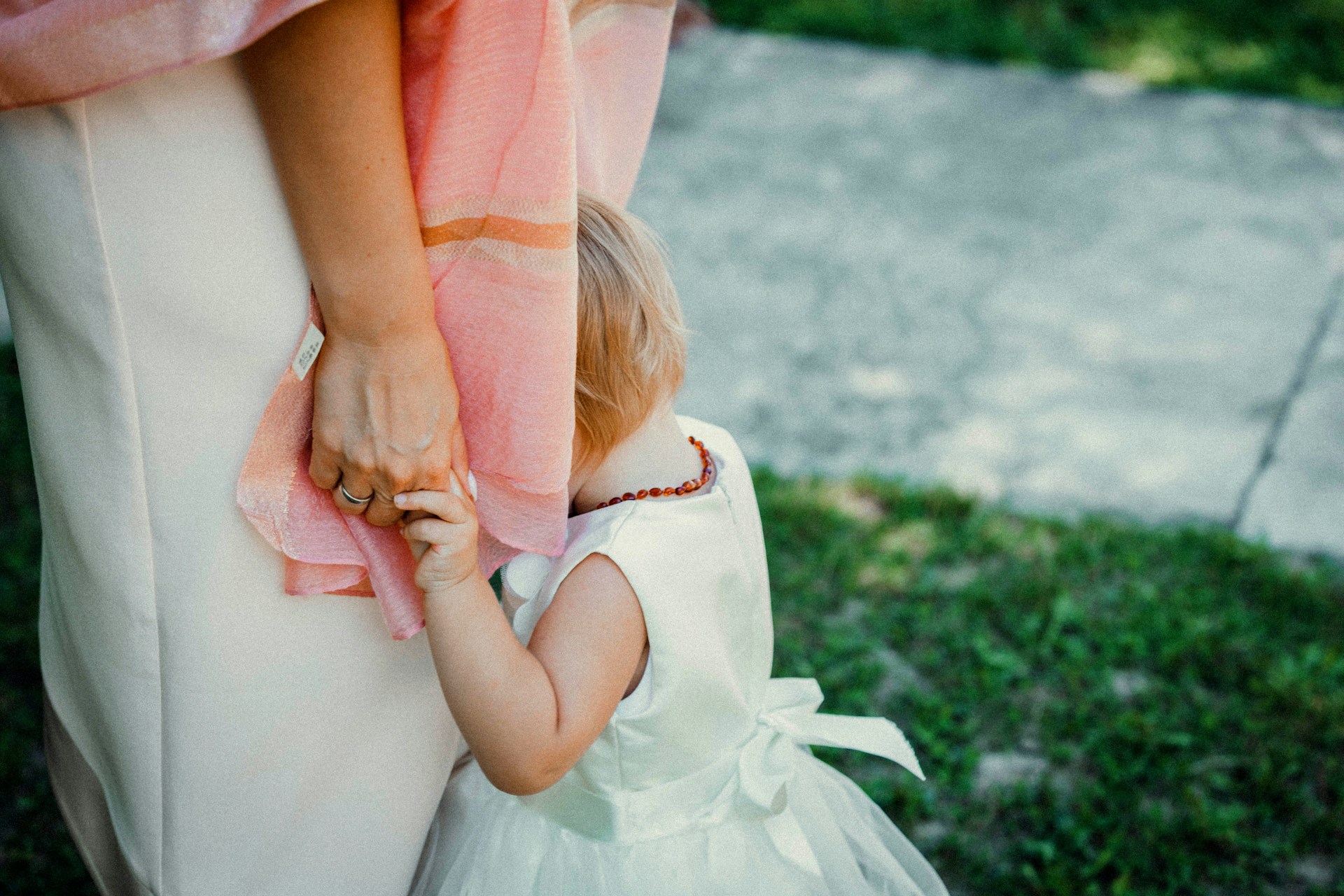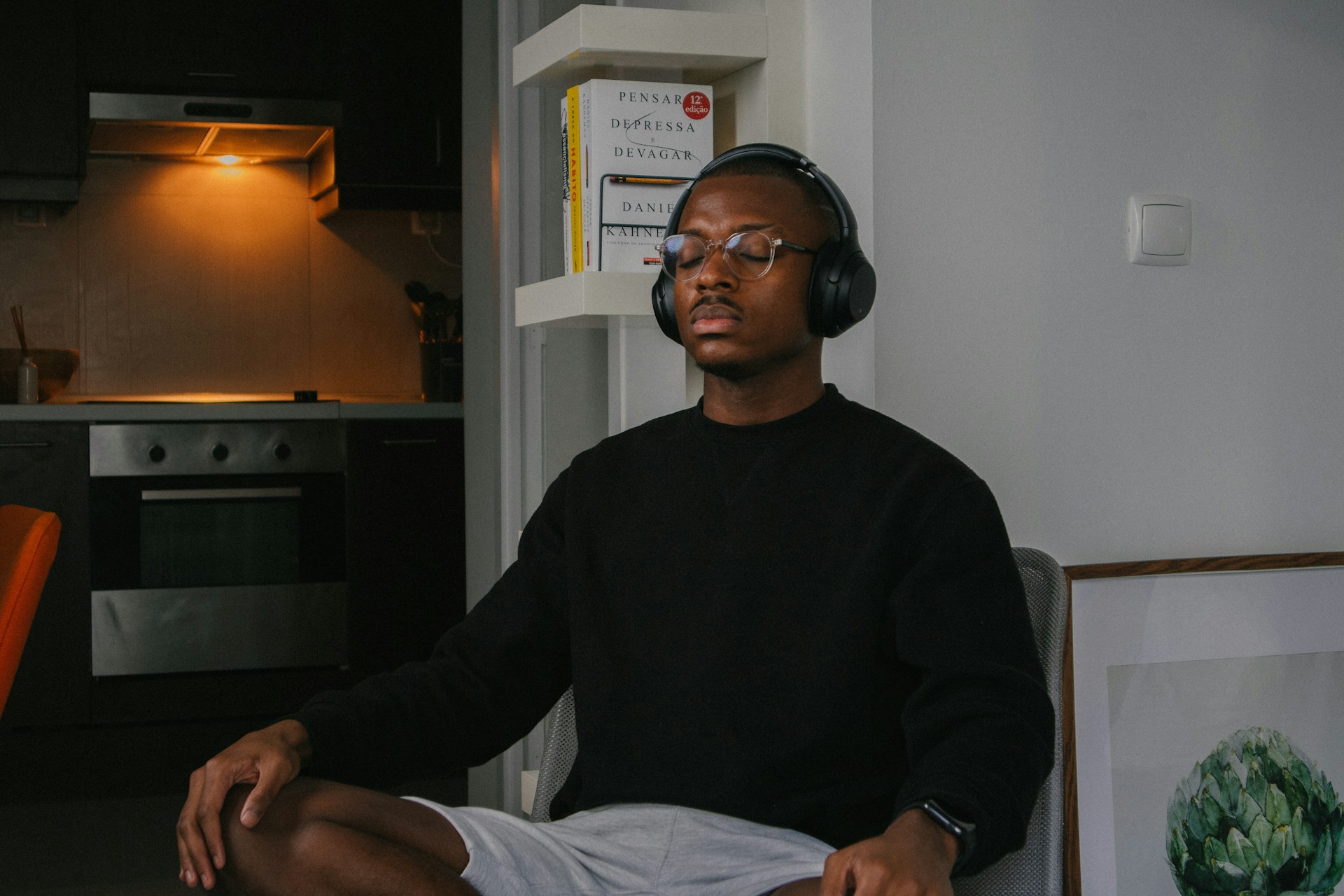For someone who regularly tries to light a fire under herself with a mix of self‑criticism and rumination, I could definitely use a crash course in self‑compassion. At the same time, I’ve spent years writing about psychology, mindfulness and mental health, so I should know my way around the subject. I even completed an eight‑week mindfulness course years ago. With all that baggage you’d expect me to have it down by now, right? In a sense that’s true, I can navigate the theory just fine. But knowing is something entirely different from doing and experiencing.
With that intention, I joined the self-compassion workshop with psychologist Kristin Neff last Saturday. How can I be kinder to myself? Not just in theory, but in the messy reality of everyday life?
These are my main insights from the workshop.
1. Compassion is literally “being with suffering”
Kristin Neff began with a short etymology lesson: com = with, passion = suffering. Compassion isn’t about chasing good feelings; it’s about being able to stay with the rough patches. “If you don’t accept pain, it gets worse,” she reminded us. Pain isn’t going to magically disappear, but having compassion prevents you from going down into a negative spiral.
2. Mindfulness isn’t enough
Mindfulness clears a little breathable space around difficult feelings, but space alone isn’t going to help unless you fill it with warmth. Neff calls that warmth the essential second step. Try a soothing touch, for instance, and use a reassuring tone to yourself (just like you would to a friend).
3. Our suffering (not our perfection) connects us
For some reason, we believe we’re the only ones who feel this messy. We think that other’s don’t experience what we experience, but your pain, imperfections, and all the other tough stuff is universal. It’s our suffering, not our perfection, that connects us with others, Neff explains. “See your own experience as a part of a larger human experience; shift from identifying with your small, seperate self to a larger, interconnected self.”
4. Don’t take things so personally
Neff must have said “don’t take it so personally” twenty times. Instead of stewing in “Why me?” she urged us to switch to: “What can I learn?” and “What do I need right now?” Is it more tenderness or more fierceness? Tenderness might be a nap; fierceness might be perseverance or a clear boundary.
5. Self‑compassion includes failing (often)
Sometimes you think you know what you need, try it, and discover… nope, that wasn’t it. That flop is part of the practice. Self‑compassion is iterative: test, fail, tweak, repeat. As Neff puts it: “The goal is to be a compassionate mess.”
“If we’re hard on ourselves because we’re not the way we want to be, we just make it worse.”
6. We give compassion because we feel bad, not to feel good
This is the great paradox. The aim isn’t to swap bad feelings for the good ones. We give ourselves compassion not to feel better but because we feel bad. Neff: “Compassion helps to accept the bad feelings are there.” Bad feelings won’t pack their bags, but you can prevent them from trashing the place.
So, what now?
Did I practice more after the workshop? Honestly, not really. Life happened, and along the way I, forgot asking myself “What do I need right now?”. My inner critic and pusher still aren’t convinced that being tender or slowing down is a valid option.
For me, the biggest learning is this: accepting that it’s ok to take things slow and not needed to criticise myself when life isn’t going exactly as planned. My inner critic is loud, persistent, and not yet sold on the idea that softness is also a way to move through the world.
But as Neff said: “The goal is to be a compassionate mess.” So for now, I’ll start with that.






